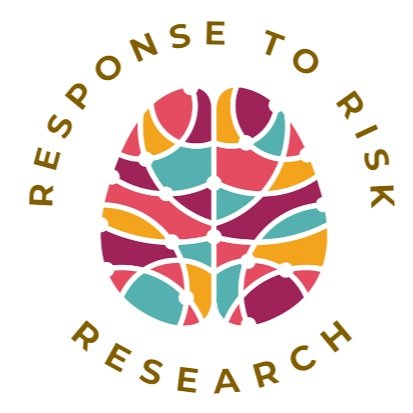Barriers to Getting Help
Barriers to seeking professional help may include:
Difficulty recognizing that a problem is developing
Trouble seeing problems or symptoms as a reason to seek help
Concerns about stigma
Social and cultural factors that lead people to feel ashamed to seek help
Difficulty finding, choosing, or paying for the right help
Why it may be difficult for some to reach out for help:
Symptoms of depression or suicidal thoughts (these problems often narrow people’s sense of hope and alternative solutions)
Negative attitudes about seeking help (such as a belief that only weak or “crazy” people seek help)
Negative past experiences with sources of help
Beliefs that one should handle problems on his or her own
Stigma and Negative Attitudes
Stigma and negative attitudes toward mental health symptoms, problems, and help-seeking are significant barriers to early intervention. Young people tend to be very concerned about being seen as “mental” or “emo” by their friends and others. The stigma of mental illness is associated with less willingness to seek help. Given the relative absence of public health campaigns or school-based education programs to support mental health literacy, much of what young people and parents know about mental illness comes from the media. Unfortunately, many media portrayals are quite negative and work as a disincentive to identify problems or seek help.
Believing that seeking help “won’t help” or thinking that “nothing can help” also keeps people from getting help early. Young people and their parents are often unsure whether specific sources of help will actually make a useful difference.
Young people are more likely to seek help if they…
Have some knowledge about how mental health problems develop
Understand that most mental health problems respond very well to early treatment
Feel emotionally capable of sharing their feelings and experiences
Can develop a trusting relationship with potential help providers



